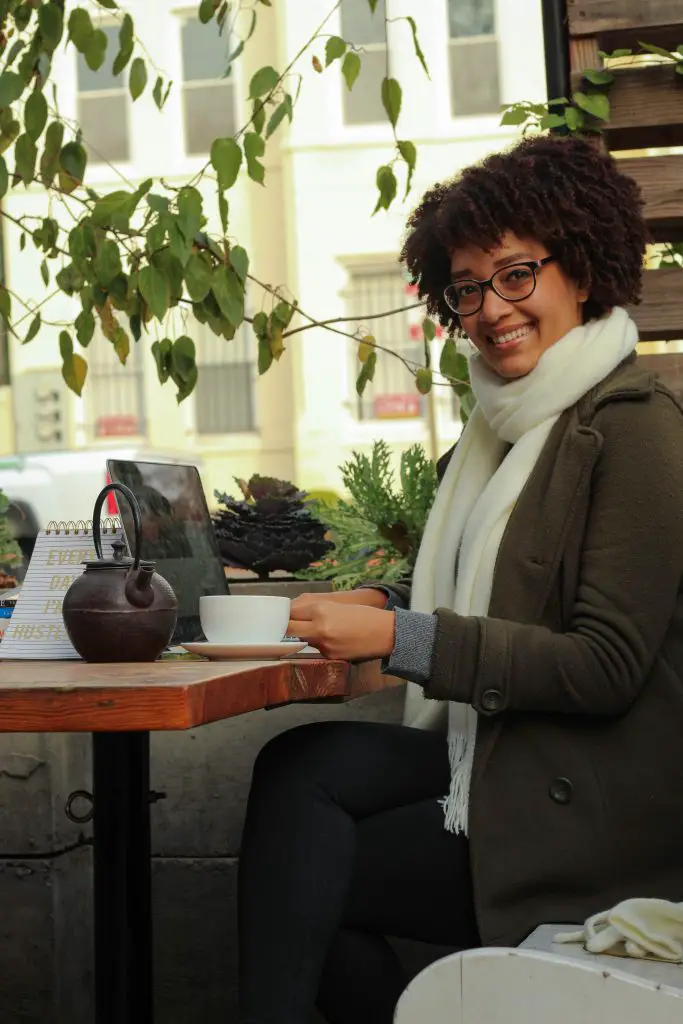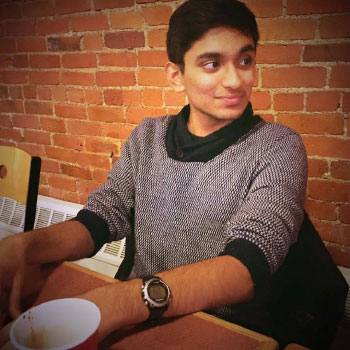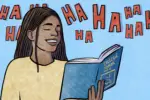Though she admits life happens, Alexa Lisitza has little sympathy for those who don’t make their deadlines. After all, she managed to find the time to found, produce, edit and write for two renowned online platforms while managing coursework, jobs and a wide array of other commitments.
Finding that many media outlets mishandle problems of race and their writers of color, Lisitza decided to create “Caged Bird Magazine,” which centers around minority issues. Her second project, an upcoming feminist platform called “The Intersectionalist,” focuses on topics within the intersectionality of feminism, gender, race, class, religion and LGBTQIA+ rights.
“I didn’t realize the extent of the problem until I started working at ‘Odyssey Online,’ where I was a writer and eventually became editor-in-chief. ‘Odyssey’ decided that they had so few minority writers that they grouped all the writers from historically black colleges into a single group called the Black Writers’ League. It was like they were saying we’re going to treat black writers as a group rather than as individuals, like they do at other colleges across the country who get their own university chapters. It was like they were putting us in a pigpen.”
“When I left ‘Odyssey,’ there weren’t really any places for someone like me to go, so I wanted to create a platform that people could turn to.”

“A lot of people ask me if I was scared about starting my own platform. I don’t think I really was scared, but the most intimidating part was going to other writers I didn’t know and asking them to write for me. I was surprised when they said yes and to see that they all had so much confidence in me. So I guess the biggest challenge was really just finding people, but after it launched, there was news circulating around the project and ‘Caged Bird Magazine’ went from twenty-five writers to fifty.”
“I wouldn’t say I’m moving on from ‘Caged Bird.’ I’m not putting it away. It’s more of a next step. Whenever people ask me what my main interests are in writing, I always say ‘all things black and all things women.’ So, I’m doing the ‘all things black’ part now, but I feel like I’ve severely neglected the ‘all things women.’”
“I’m just really appreciative of my managing editor, Jazmyn Jackson, because when I told her I was focusing on ‘The Intersectionalist,’ she took charge. She’s so confident, and even though she knows I’ll be aggressively checking on her, she’s more than capable of taking on the team. I know I’m leaving ‘Caged Bird’ in good hands.”
“I wanted to really start focusing on feminism and the way it reaches out to different categories of people. Many think feminism is just about fighting for women, but I think feminism should fight for women and men equally, as well as the many people within feminism who go unheard, such as transgender feminists, black feminists, white feminists, Muslim feminists and so on.”
“This new publication, called ‘The Intersectionalist,’ is about fighting for people in all categories. The thing I’m most excited about is finally launching it. With the first site, I figured everything as I went along, so the process of producing ‘Caged Bird’ took a lot longer. When I started working on ‘The Intersectionalist,’ though, I already knew writers and people who would be interested. I knew exactly where I wanted to go with the platform and how to learn from all the mistakes I made when starting ‘Caged Bird.’”
“One of my goals with ‘The Intersectionalist’ is to create a space where people can learn that feminism is neither entirely about women, nor strictly about white women. There are reasons why black women and brown women create terms such as black feminism and womanism; there’s a reason why there’s a fear people have about calling themselves feminists. I wanted to reclaim the word feminism by acknowledging its exclusive history and moving forward by building a platform based on intersectionality.”

















